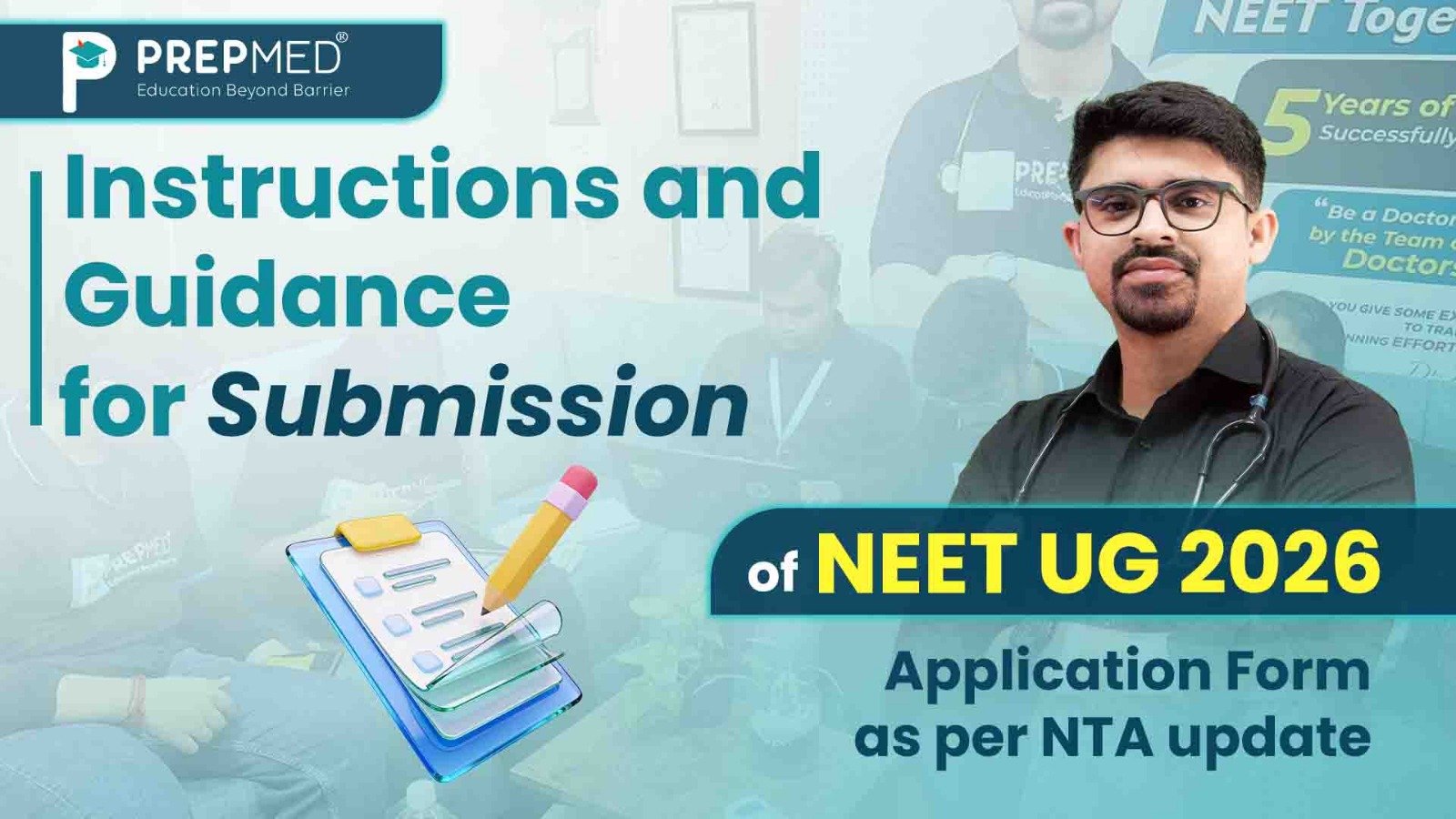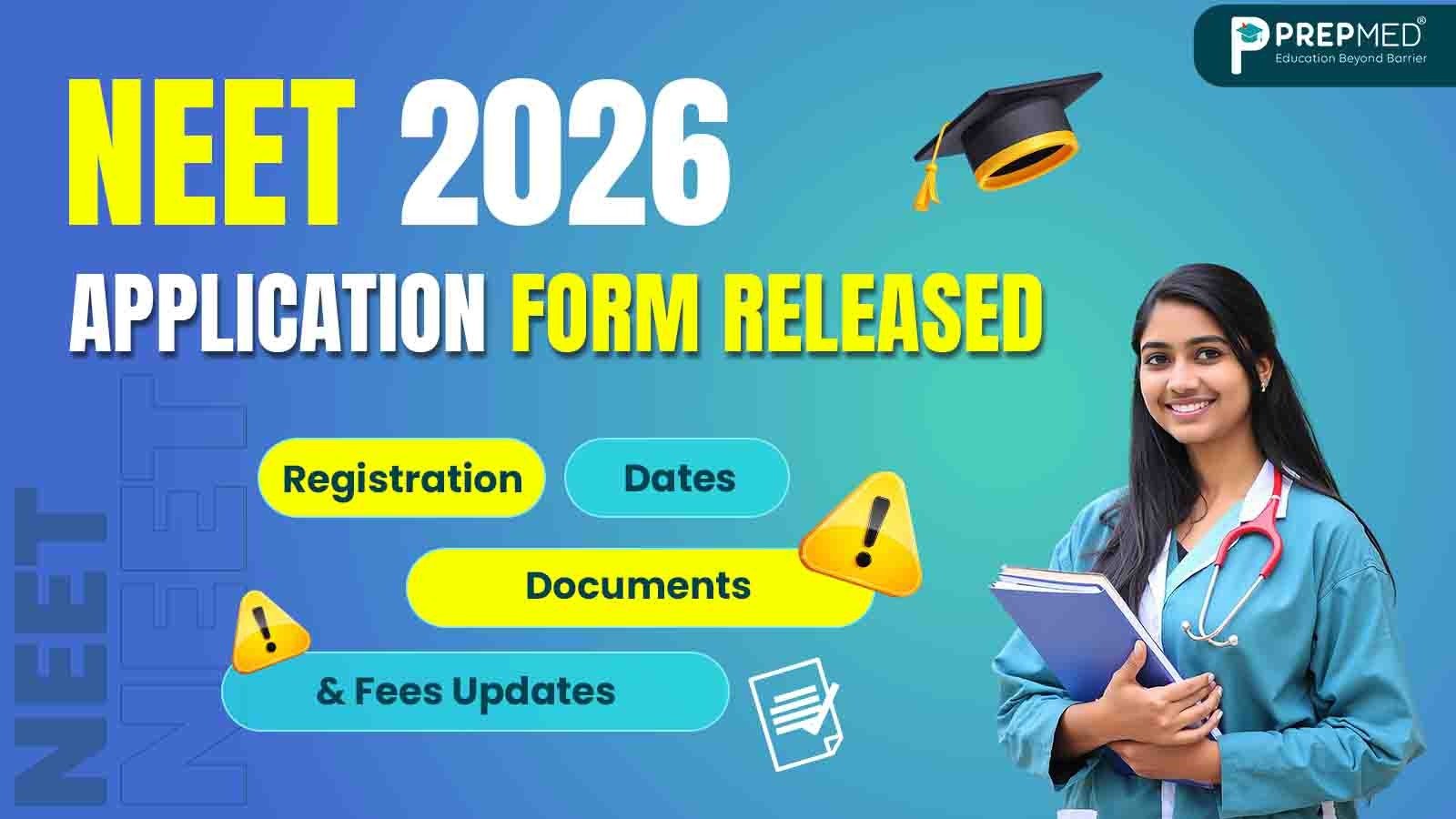January 27, 2025
How to Effective Recall Techniques for NEET Preparation?
Preparing for the National Eligibility cum Entrance Test, NEET is extremely challenging mainly due to the voluminous material that needs to be studied in order to prepare adequately. Among the prioritized factors that make students succeed in NEET lies the capacity to recall and remember such information for a long time.
While the memorization process is fundamental to effective recall, it is not merely about remembering information rather it is an active remembering, or the recalling of that information at the precise moment when it's required the most.
will be dedicated to the discussion of tested techniques designed to enhance memory and improve retention skills while guiding effective recall in preparation for the NEET examination. Whether one is doing last-minute studying for exams or trying to retain very intricate scientific concepts, it can give them a definite competitive edge.
An Understanding of Memory and Recall
Discussing the individual strategies would help to understand what is going on inside memory.
Memory has two stages: short-term and long-term. Information that stays in short-term memory may be lost or copied into a type of memory that is stable and easier to retrieve.
In order to recall information, the need is to transfer data from short-term memory to long-term memory. It is an active engagement with the material that forms a stepping stone for easy remembering of concepts at the time of an examination of NEET.
Techniques to Improve Your Memory
Engage Actively with the Material
Passive reading will not help to retain the volume of information needed for NEET preparation. To enable better recall, one needs to interact with the material actively. This involves summarizing, asking questions on the subject, and teaching others. The more active the interaction with the content, the higher the chances that one will recall it.
Visualize Mental Images
Sometimes, the secret to successful recall is the creation of vivid mental images related to the information you wish to remember. For example, if you have to memorize complicated biological processes or chemical reactions for your NEET examination, then it would do well to watch the process step-by-step. That kind of visualization helps one recall later as the brain will be able to connect abstract thought with concrete pictorial images.
Break Down Information into Manageable Chunks
The brain becomes overwhelmed by enormous amounts of data, hence finding it difficult to retain more information. Effective retrieval can be enhanced by breaking up the data into smaller chunks. Instead of memorizing an elaborate list of formulae, the formulae could be subdivided into broad categories, 'motion equations,' or 'laws of thermodynamics.' Chunking is one approach to facilitate remembering by reducing mental load.
Structuralizing Concepts by Visualising
Although mind maps are powerful organizing tools, they aren't really ideal tools for organization. They give us connections of the concepts in our minds so that we understand the big picture. This can be helpful specifically in subjects such as physics, chemistry, or biology wherein we need to be able to see how these connections of concepts work together in order to remember something.
Tips to Remember Concepts Anywhere at Any Time
Relate Familiar Concepts to Recall Information
Probably the best strategy for remembering well is to associate new information with something familiar. For example, if you cannot remember the steps in the Krebs cycle, associate each step with a real-world object or event. The more familiar the association, the easier it will be to recall.
Acronyms and Phrases
Using mnemonics makes it easier to remember complex lists and sequences. Make acronyms or short phrases to remember complex concepts. For example, the mnemonic “My Very Educated Mother Just Served Us Nachos” helps students remember the planets in our solar system. Have your own mnemonics for the periodic table, biological classifications, or chemical reactions. This is useful for effective recall during NEET preparation.
Review Material at Intervals
The best method to strengthen the retention of long-term memory is spaced repetition. The idea is that you should go through the material at increasingly longer intervals. Instead of piling up a lot of work the night before your NEET exam, spread it over weeks or months. Applications such as Anki can help you put this into action for effective recall during NEET preparation.
Make use of Mobile Applications and Tools
Effective recall is a valuable asset for mobile apps and online resources. Spaced repetition, flashcards, and timed quizzes are some of the methods that have been implemented into many apps. Such tools offer flexibility for learning on the move and improve recall during breaks.
Brain Training Hacks to Boost Long-Term Retention
Mental Exercises
Just like the human body demands physical exercises to keep fit, the human brain also requires exercise. Games that enhance brain activity, such as puzzle games, memory games, and learning skills, are extremely helpful in retaining and remembering information for exams of NEET.
Physical Exercises
Improving mental skills requires one to physically exercise. Physical activities involving a lot of effort boost the blood supply in the brain and therefore improve the memory and ability to focus. Besides improving body fitness, exercises also ensure efficient learning in addition to better concentration when revising for the NEET examination.
One thing that should never be underrated in the consolidation of learned material is sleep. Sleep helps in the consolidation of memories and transferring information from short-term memory to long-term memory. Quality sleep of 7-9 hours per night is recommended, especially when studying intensively for NEET.
A Healthy Diet Feeds The Brain
A well-balanced diet can also help your memory. Include these brain-boosting fish, nuts, berries, and leafy greens in your meals. Foods that feature nutrients that enhance brain functions and allow you to remember well during your NEET studies.
Conclusion
Effective preparation would be contingent upon the ability to commit the material to memory correctly. Then comes the skill of remembering complex ideas for an extended period of time, which can also be developed through active learning with visualization, spaced repetition, and cognitive training.
Start integrating these strategies into your study routine today and notice how much more effectively you can recall vital information when it's time to tackle NEET. Remember, consistent practice and mental engagement are the keys to strengthening your memory and boosting your long-term retention.






